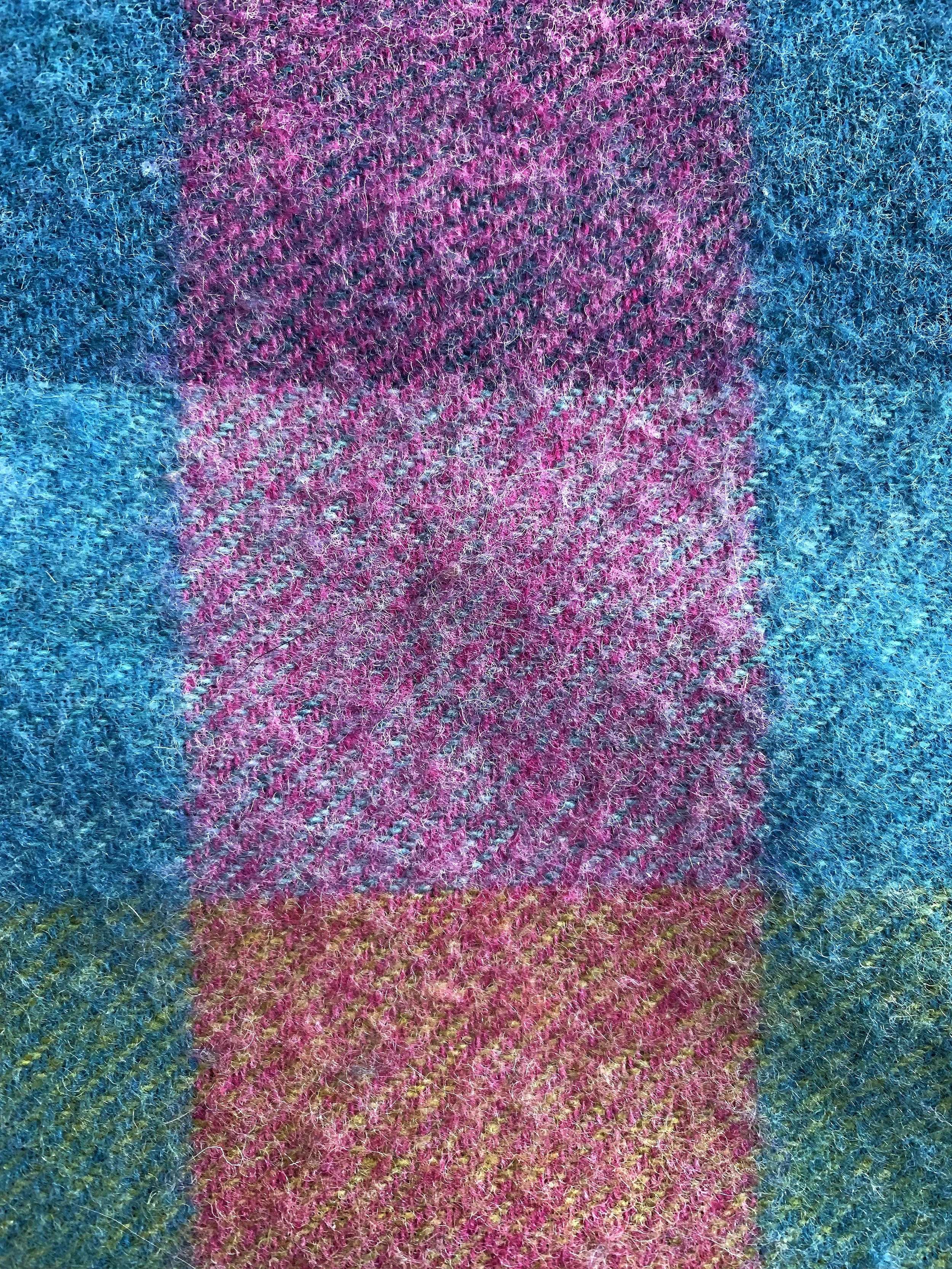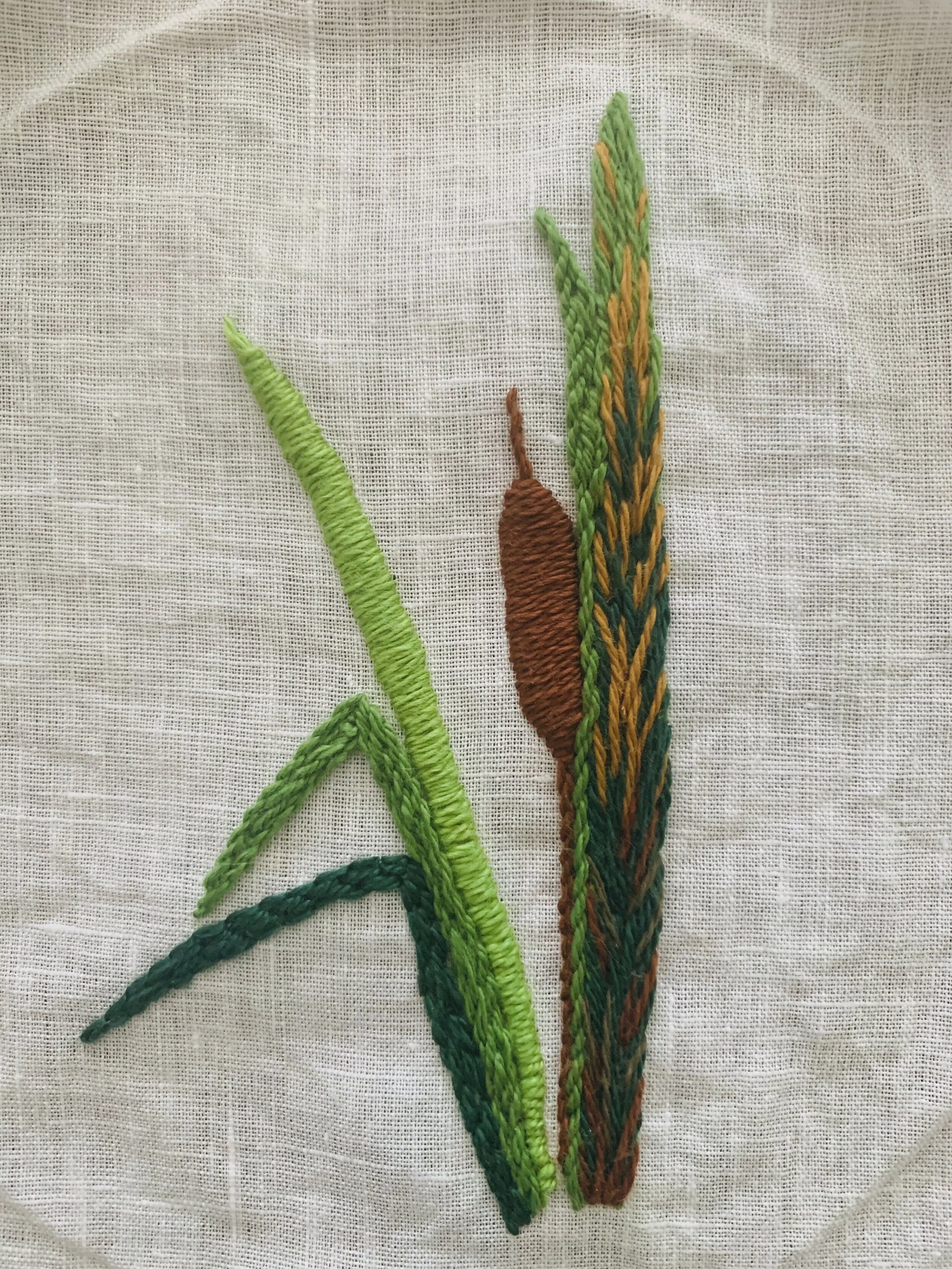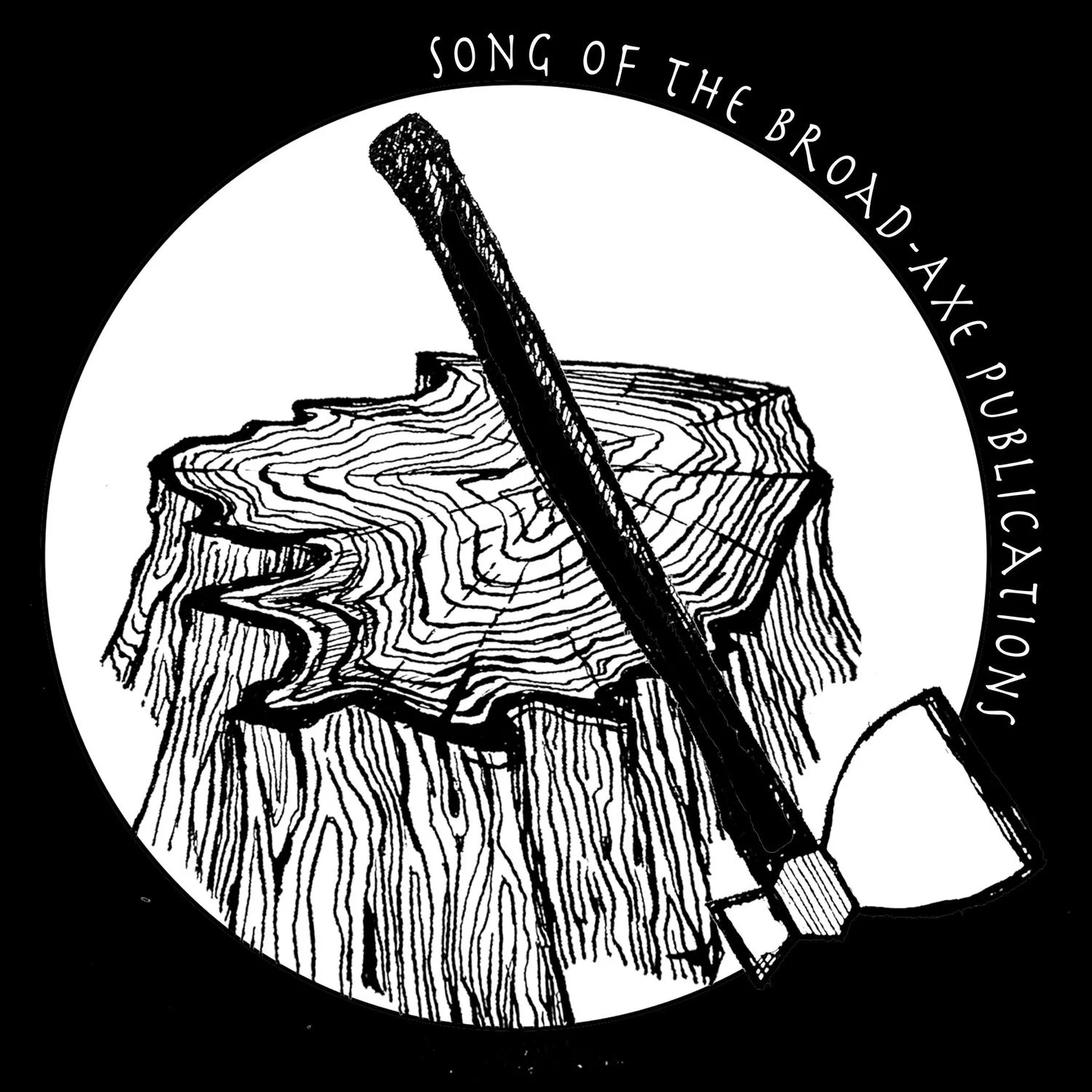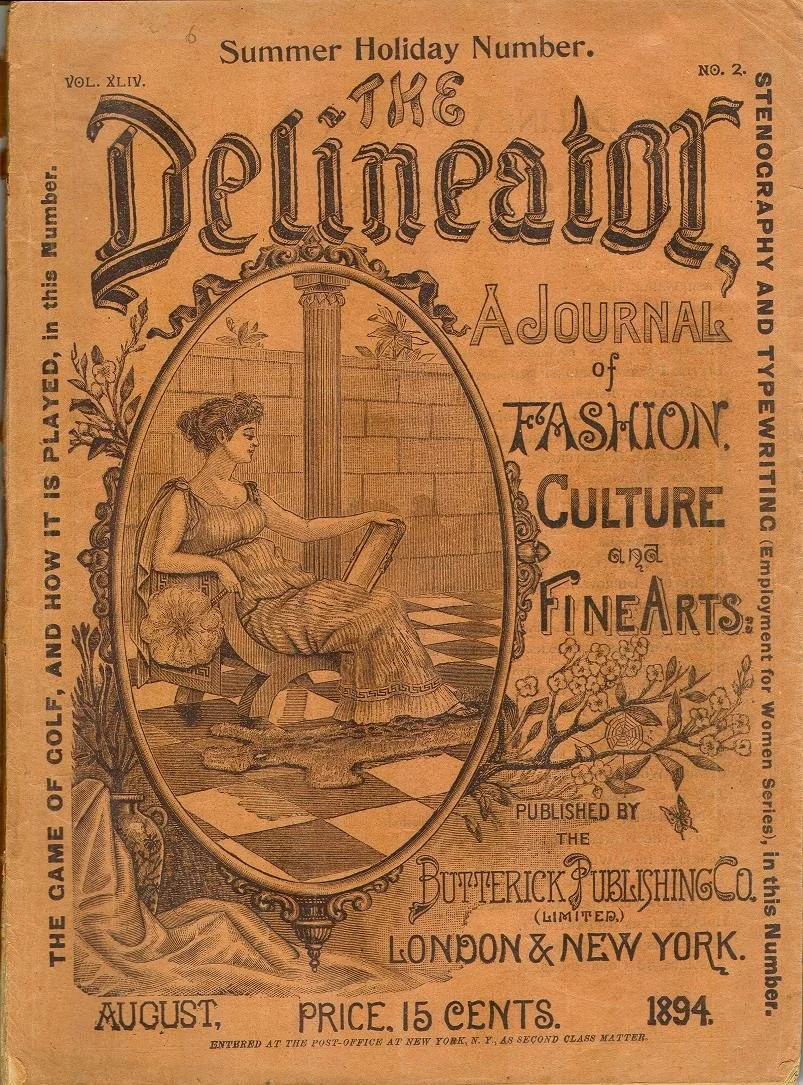Ode to Wool, a Passage -- by Alex Ranieri
Pablo Neruda wrote a poem of thanksgiving on being gifted a pair of hand-knit woolen socks—and to those who daily interact with this ever-golden fleece, such ecstasies will seem familiar rather than strange. Silk may be intoxicating, but coming from a moth, it is at one remove from our mammalian psyches—what is more, while it decorates our bodies in moments of triumph, it can do little to protect us in times of want. In this way it is treacherous, tragic, a fabric for doomed emperors and mad queens—for while whispering flattery, it will never stick by its wearer through a fall from grace. It is the fabric of the top hat, rather than the waterproof, hardwearing Scottish bonnet.
Wool protects us in the most dreadful hour, as the ewe protects her lamb through bad weather and predator attacks. In the trenches of the two World Wars, it was not silk stockings the soldiers required—it was wool socks, often hand-knit and even hand-spun. It likewise accompanies us in pursuit of our greatest triumphs. If the Romans, in the days of their Empire’s fall, had become used to luxuriating in silk, on the campaigns which built the Empire in the first place, they slept under wool cloaks.
Neither is wool foreign to scenes of beauty and sumptuousness. Many of the finest, richest traditions in needlework, including Aubusson’s tapestries and Jacobean crewel embroidery, have relied on wool.
From palace to poorhouse, wool has been our comforter, our pride, and our delight. We all ought to join Neruda, now and then, and sing this wondrous fiber a hymn of thanksgiving in our souls.




